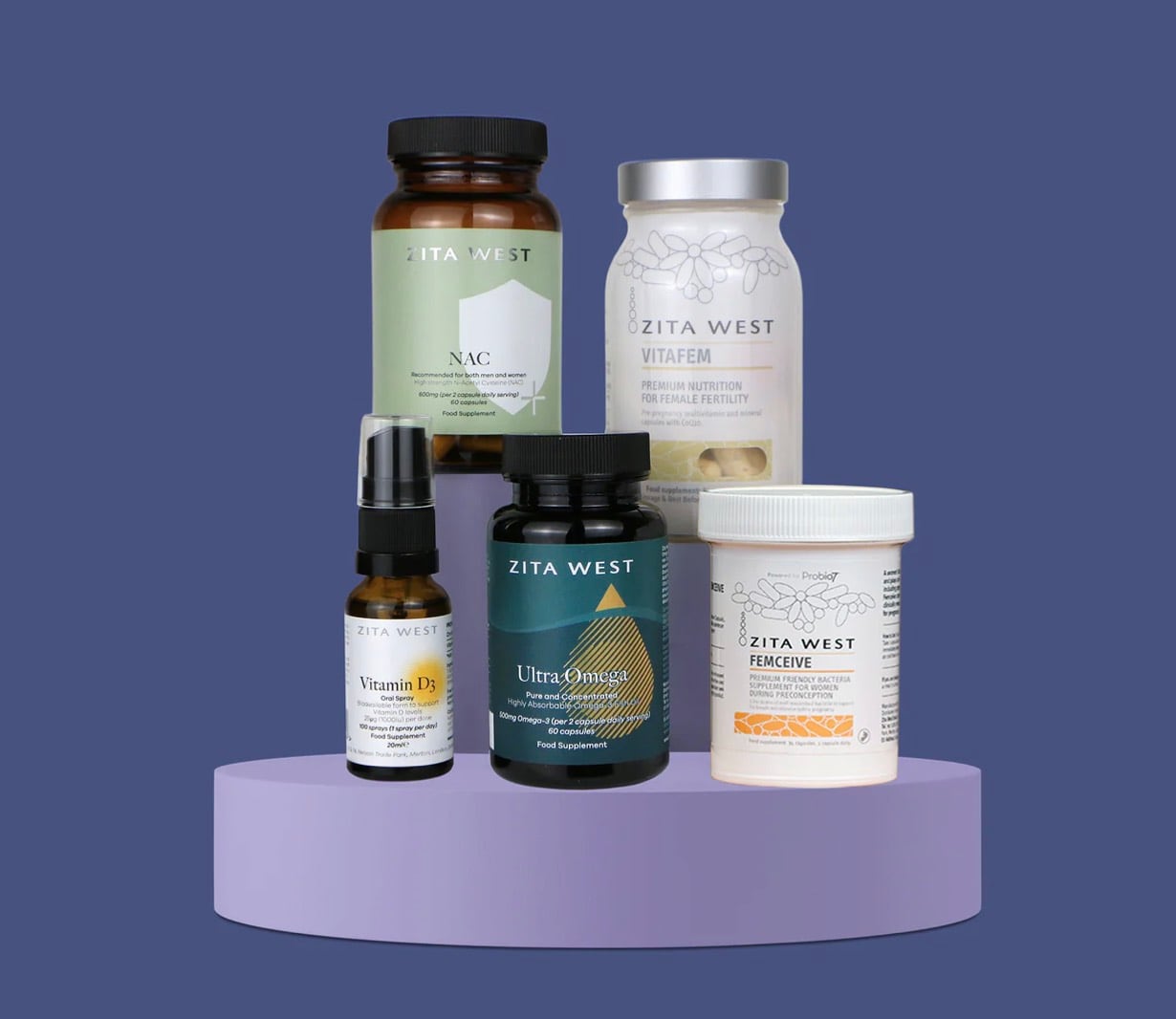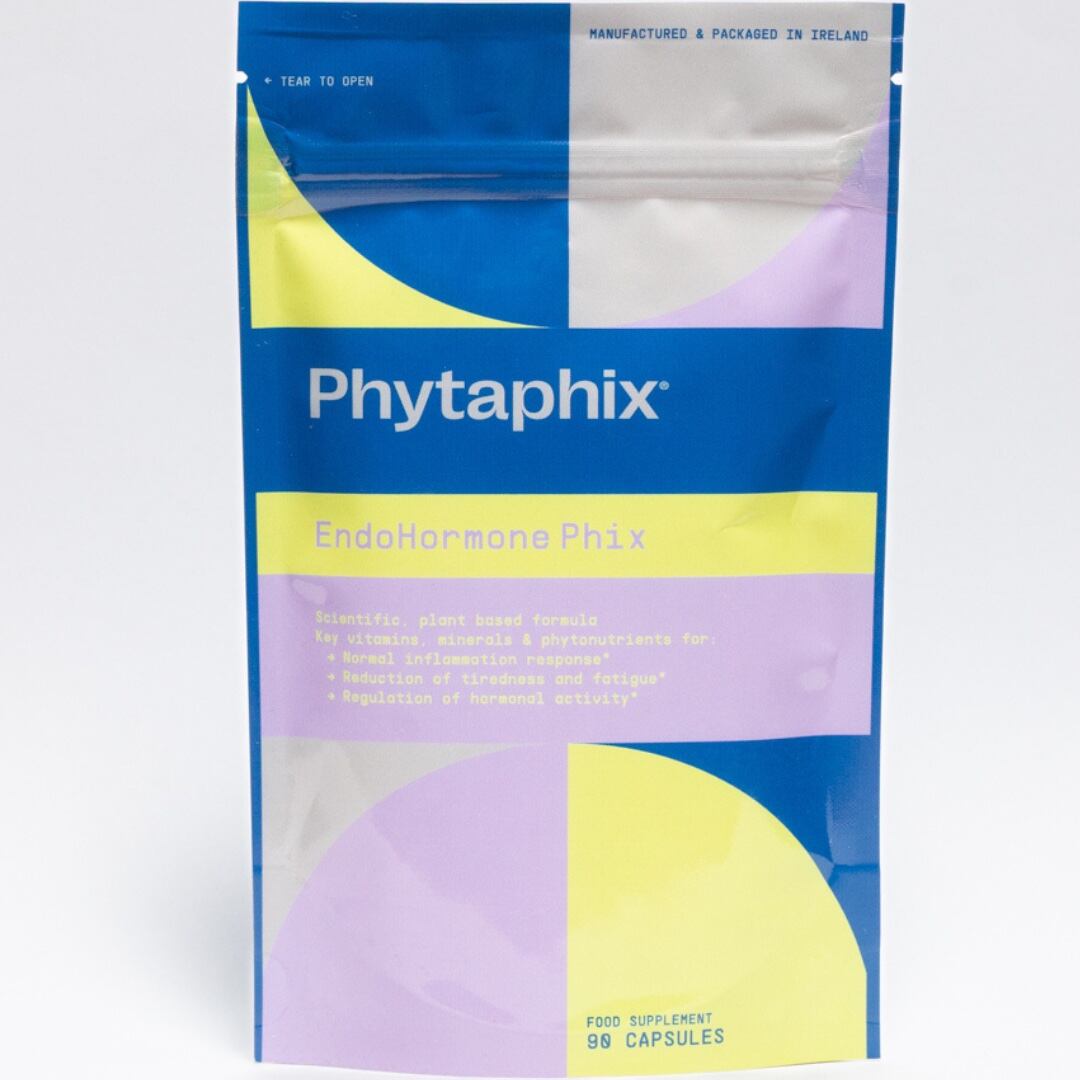A webinar broadcast earlier this week by The Endometriosis Foundation explored the nutrition needs of those with the condition.
Sophie Medlin, dietitian and chair for the British Dietetic Association for London, discussed the lack of awareness when it comes to endometriosis, which has led to misinformation and uncertainty when it comes to nutrition.
“Women are desperate for answers, and when they don't get them from the doctors, they end up searching on the internet and cutting out so many different things from their diet, which can sometimes be incorrect but also has a massive impact on quality of life,” she said.
Medlin noted that while a balanced diet—predominantly plant-based and Mediterranean—is key, adequate vitamin intake is imperative, as deficiencies in people with endometriosis are common.
She mentioned that supplementation can be helpful, including B vitamins, vitamin D (especially in winter) and omega-3 for its anti-inflammatory properties.
She also recommended a good iron supplement, as iron deficiency is common due to heavy bleeding associated with endometriosis.
Stef Williams, founder and CEO of the fitness app WeGlow, who herself has been diagnosed, noted that not only is there a lack of awareness around endometriosis but also a lack of action.
She explained that her recent attempt to launch a petition to make endometriosis screening mandatory in the UK was met with frustrating responses and dismissal from Parliament.
“We were told that a petition focusing on funding for endometriosis was currently live and that we should be combining forces,” she noted. “It’s just putting us into the pigeonhole of generalized women's health.”
Endometriosis awareness
Endometriosis affects roughly 10% of reproductive-age women and girls globally (190 million), according to the World Health Organisation (WHO).
It causes cells similar to those lining the uterus to grow elsewhere in the body, causing pain, fatigue and difficulty getting pregnant.
The cause remains unknown, and there is no known cure but for women with this disease, solutions that provide pain relief and improve fertility can offer hope that the condition won’t interfere with daily life.
Medical options include hormonal treatments, anti-inflammatory pain medication and surgery. However, research has shown that women with endometriosis feel dismissed and ignored when it comes to accessing healthcare support.
Symptom support
Some supplement brands are beginning to tap into the need for additional nutritional support in this audience.

Wild Nutrition’s Endo Support product contains Vitamin B6 to contribute to the regulation of hormonal activity, iron and magnesium for energy production and reducing fatigue, and zinc for immune system support.
And Zita West, the fertility and pregnancy supplement brand, offers an Endometriosis Support Pack, a collection of five products that contain key vitamins, minerals and omega-3s.
There is also the newly launched EndoHormone Phix by polyphenol-packed plant brand Phytaphix, which contains a botanical blend of Irish seaweed complex, curcuminoids, ginger root, milk thistle (silymarin) and vitamins B5, B6, C and D3.

As Dr. Conor Kerley, founder of Phytaphix explained, the 17 nutrients in the product were chosen because the ingredients were found to improve various aspects of health, including pain, fatigue, nausea, infertility as well as the underlying features of endometriosis (excess estrogen, inflammation, oxidative stress).
He has been banging the drum for his new ‘hormone balancing’ product during Endometriosis Awareness Month (March) but has been careful with his wording around the topic as nutrition supplement companies cannot claim to treat diseases.
“What we can do is make claims for regulating hormone activity, estrogen metabolism, inflammation response and cell division,” he explained. “We can also claim to reduce tiredness and fatigue, maintain the formation of red blood cells, and protect cells from oxidative stress.”


